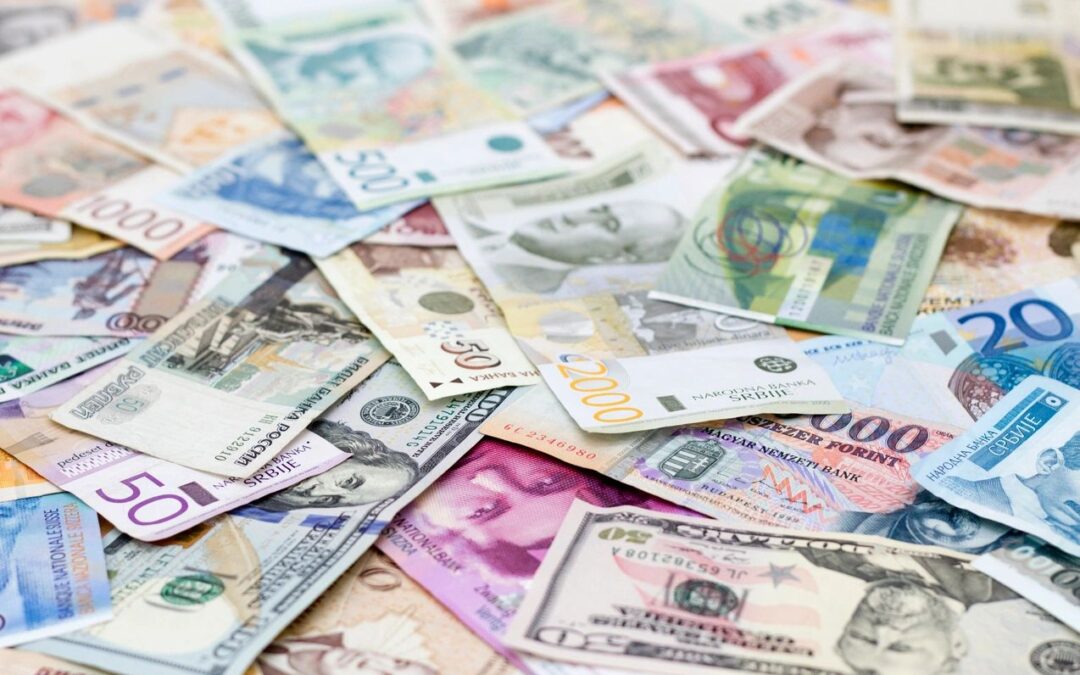This article was written by Nicholas Mitsakos : Chairman and CEO at Arcadia Capital Group.
Currency Values in a Zero Interest Rate World
An interesting thought problem regarding currencies is this:
What will happen to global exchange rates if global interest rates are essentially zero?
We are rapidly approaching a zero-interest rate world. Interest rates are being driven to zero (or below zero in many cases) as a first-line tool for central banks to generate economic activity in the face of the dramatic negative impact of the pandemic, as well as existing and lingering economic fallout. This toolbox will be empty soon, and the only remaining weapon will be fiscal policy. Among other things, fiscal policy and domestic financial markets will have an overwhelming influence on global currencies.
Different countries have varying capabilities regarding the scale and usefulness of fiscal stimulus for their domestic economies. Therefore, if fiscal policy is the only tool governments and central banks have left to use (as I submit since interest rates are now either heading for or at zero), this will cause more currency volatility. That may not be an obvious conclusion since it is assumed that interest rates (the price of a local currency, essentially) determine relative currency values. But, with this off the table, economic activity, the strength of local capital markets, and reliable domestic economic policy along with reasonable international trade policy, will be direct determinants of relative currency valuations. The short-term nature, ease of capital movements, and political instability, even in the most well-developed political systems) will initiate a period of increased currency volatility.
Capital flows will dramatically impact currency volatility as capital moves to more attractive countries with more liquid and robust asset markets.
- US asset markets represent the broadest range of assets with the most liquidity. This argues for the long-term strength of the US dollar relative to other currencies for this reason alone.
- Since economic strength, capital markets, and liquidity will be the deciding factor by this thesis, the US dollar should appreciate against the Euro, the British Pound, as well as the Japanese Yen (but the Yen is trickier because of the nature of the Japanese central bank’s policies).
So, the right combination of assets and economic growth, which bodes well for the US, is an argument for a stronger currency in that country relative to others, even if there is no difference among interest rates globally. Of course, this means that central banks must adjust to a changing economic circumstance. But globalized zero interest rates will lead to currency volatility, and perhaps, unpredictable policy will follow.

